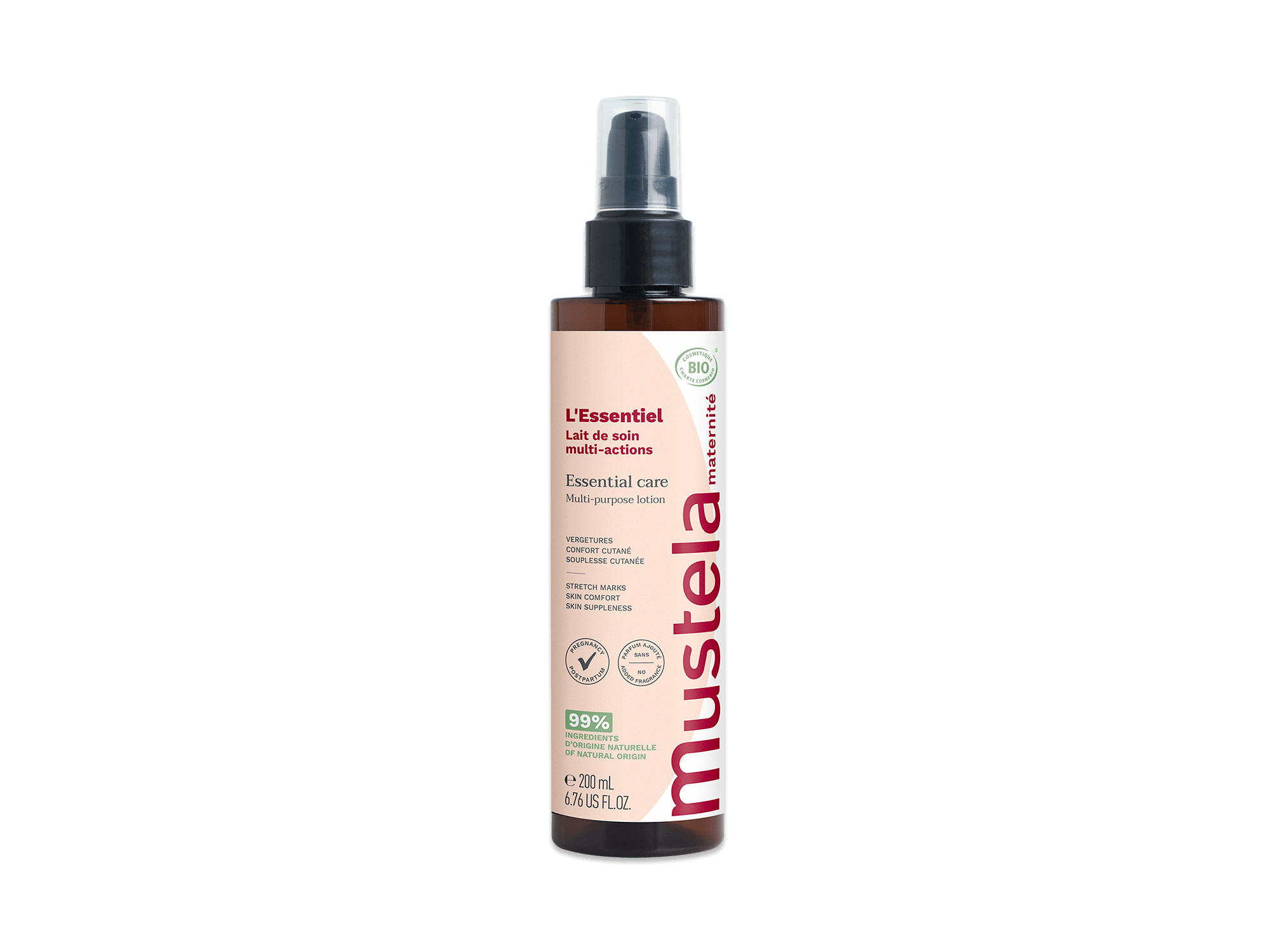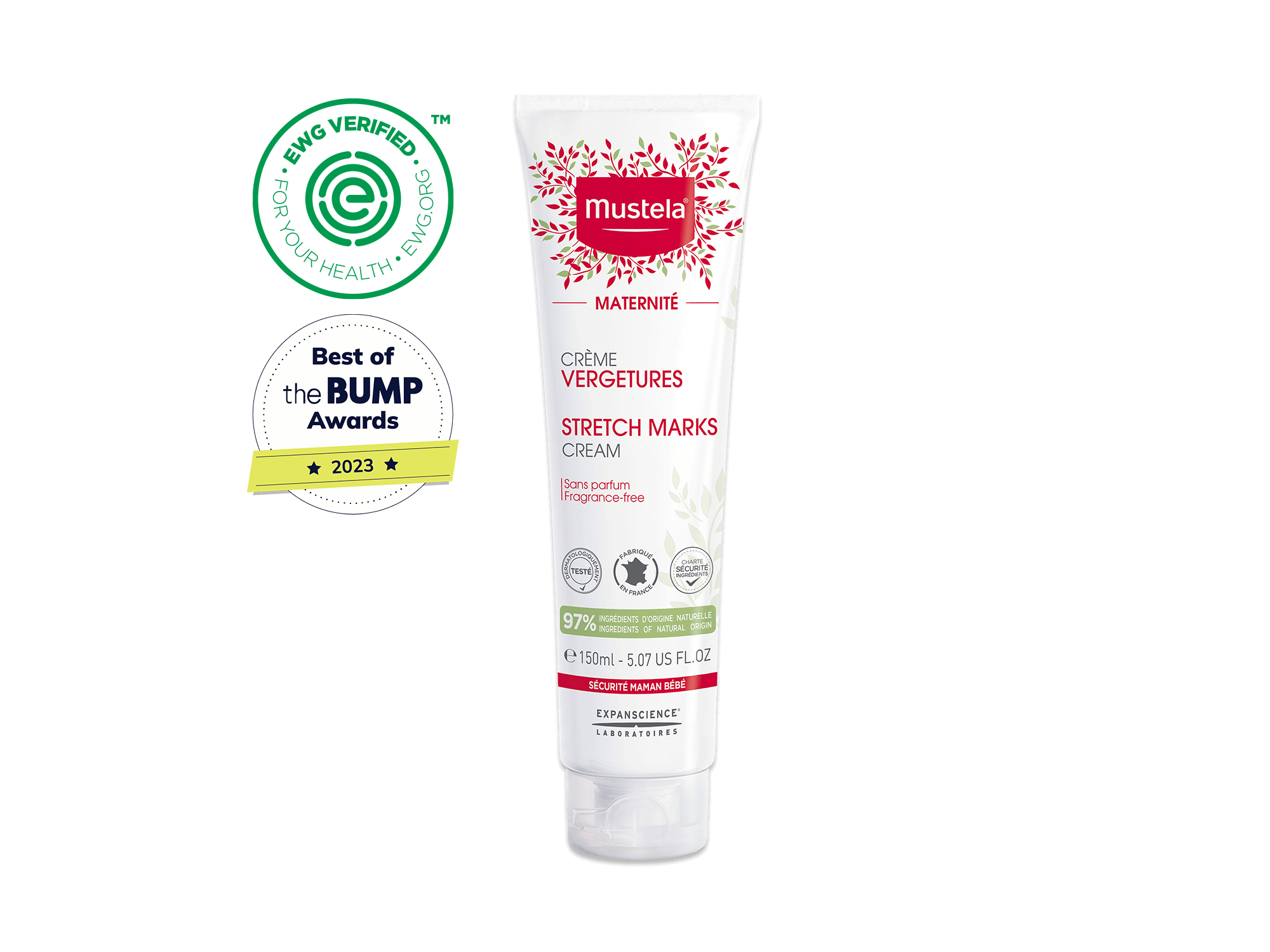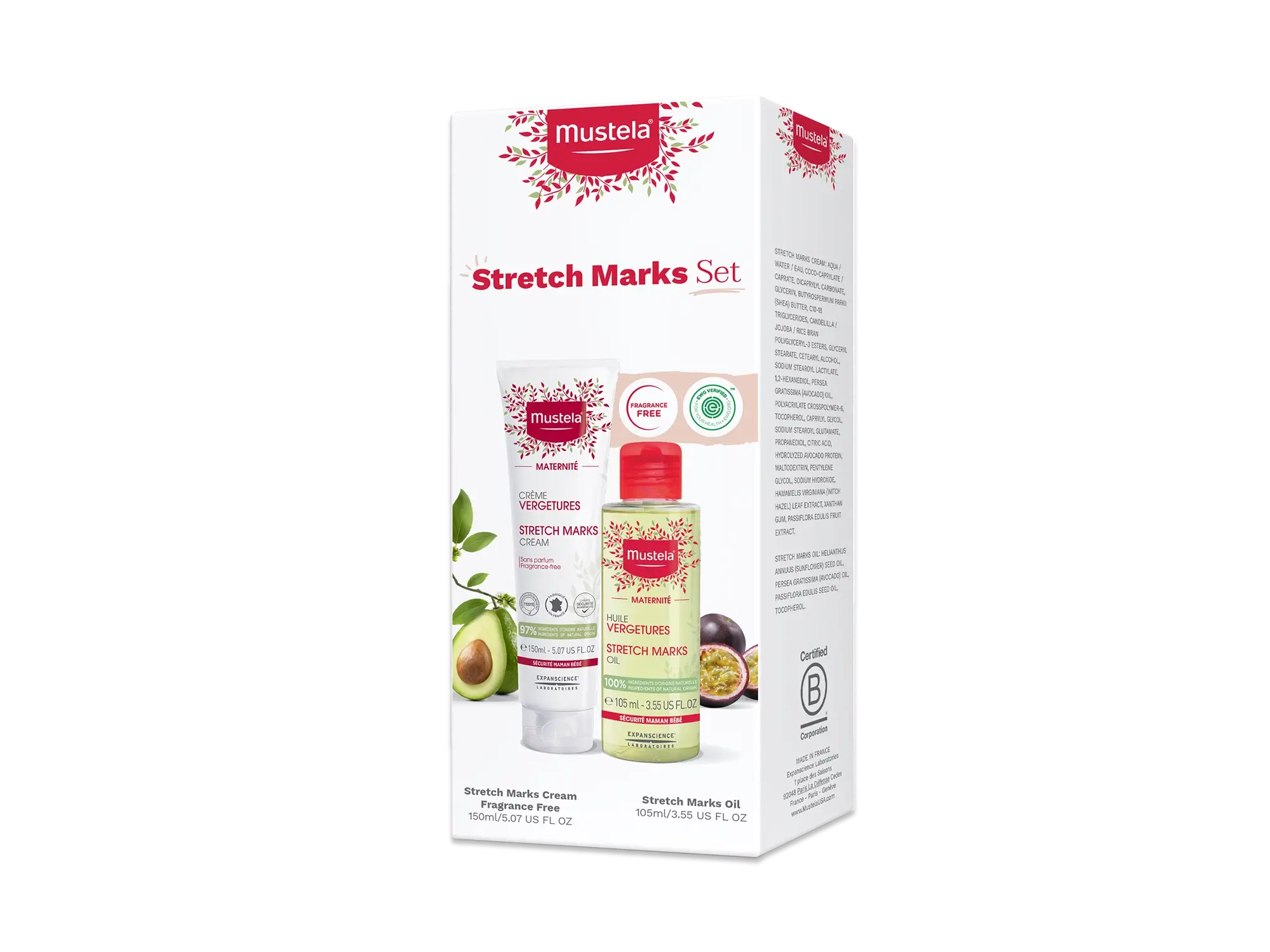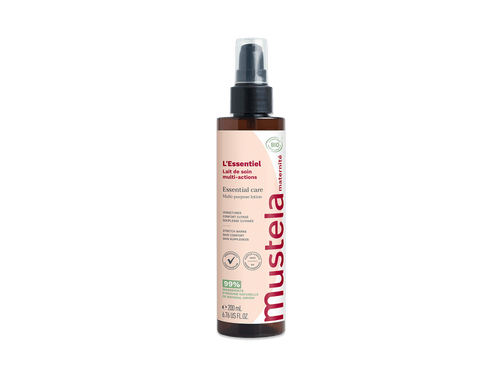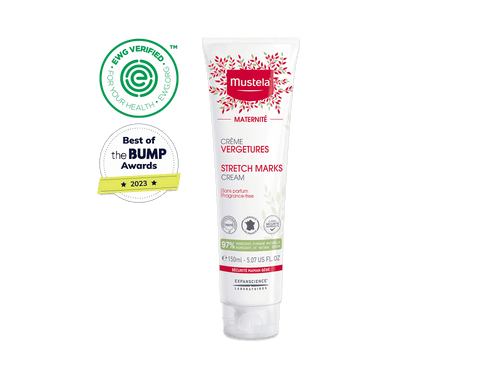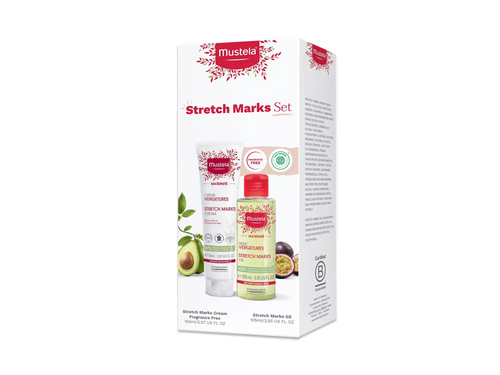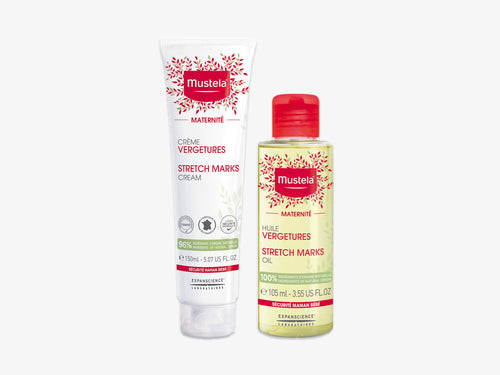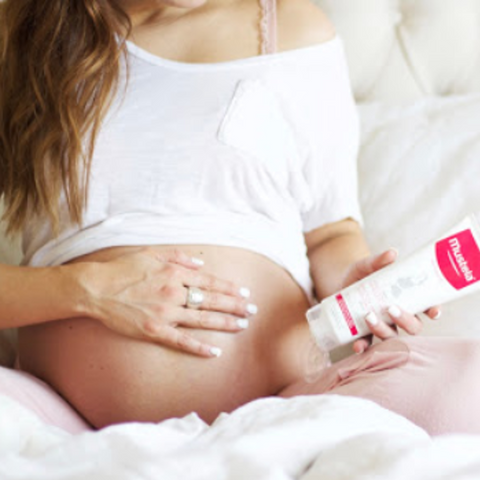Although breastfeeding and bottle feeding both provide the necessary nutritional support for a newborn, there are many benefits of breastfeeding, especially during the first six months to two years.
In this article, we’ll explain breastfeeding benefits for both mother and child. We’ll also give you some tips to make feeding your baby easier.
Key Takeaways
- Breastfeeding benefits include faster recovery from childbirth as well as reduced likelihood of infections and diseases like breast cancer, ovarian cancer, and postpartum depression. It also promotes weight loss, is cheap and convenient, and supports mother-child bonding.
- Breastfeeding gives your baby better nutritional benefits, reduces the likelihood of SIDS, and supports a stronger immune system. Breastfeeding is also associated with better cognitive abilities and parental bonding.
- Breastfeeding tips include starting right away, feeding on demand, and practicing techniques to get a good latch. When feeding your baby, it’s important to find a comfy place to do it, stay hydrated, eat well, and get ample rest. Pumping can give you extra flexibility. If you have any concerns, engage a lactation consultant.
7 Benefits Of Breastfeeding For Mom

There are many benefits of breastfeeding for mothers, ranging from health improvements to practical concerns. Let’s take a look at how breastfeeding can benefit not only your baby, but also you as mom.
1) Faster Recovery From Childbirth
Breastfeeding causes the release of the hormone oxytocin, which helps the uterus contract. Breastfeeding also limits postpartum bleeding, allowing for a faster recovery after childbirth.
2) Reduced Likelihood Of Postpartum Depression
Breastfeeding can help stabilize your mood after childbirth thanks to the release of oxytocin and a decrease in pregnancy hormones. This makes you less likely to experience postpartum depression.
3) Lower Risk For Certain Health Issues
The benefits of breastfeeding don’t stop there. They also include a reduced risk of certain health concerns, such as:
- Breast cancer
- Ovarian cancer
- Endometrial cancer
- Thyroid cancer
- Type 2 diabetes
- High blood pressure
- Cardiovascular disease
- High cholesterol
- Osteoporosis
4) Possible Quicker Weight Loss
If you want to get back to your pre-pregnancy weight quickly, some moms (but not all) moms find that breastfeeding can also help with weight loss. That’s because breastfeeding burns calories.
5) Easier On-Demand Feeding
Another nice thing about breastfeeding is that it’s easy to do on demand because all you need is your body. It requires no bottle preparation, measuring cups for formula, or any other muss or fuss.
6) More Cost-Effective
Because there’s nothing that you’ll need for breastfeeding, it’s more cost-effective than bottle feeding. You’re saving money on bottles, warmers, and formula, which can add up.
7) Greater Mother-Child Bonding
Another benefit of breastfeeding is the mother-child bonding. Feeding time is when you can get to know each other better, understand your baby’s cues, and establish trust.
7 Benefits Of Breastfeeding For Baby

Just like there are benefits of breastfeeding for moms, there are a host of benefits for baby.
1) Better Nutrition
Human milk is perfectly balanced for the nutritional needs of a newborn. Nutrients like carbohydrates and protein are more easily absorbed and used by your baby.
2) Stronger Immune System
Breastfed babies have stronger immune systems thanks to the antibodies in breast milk. These antibodies will help to protect your little one from illness and disease.
3) Reduced Risk Of Infections
Breastfeeding also helps stave off infections. For instance, the antibodies in the milk protect against respiratory, gastrointestinal, and ear infections.
4) Fewer Chronic Diseases
Breastfed babies also suffer from fewer chronic diseases, including:
- Asthma
- Obesity
- Type 1 Diabetes
5) Improved Cognitive Development
Breastfeeding may also make your child smarter. According to some studies, breastfed children have higher scores on cognitive tests related to learning, memory, and executive function.
6) Better Bonding With Parent
Breastfeeding also allows your baby to develop emotional ties to you. The close contact gives your little one a sense of security, making them more relaxed and attached.
7) Lower Risk Of SIDS
Breastfed babies have a lower risk of Sudden Infant Death Syndrome (SIDS). Antibodies and cytokines in breastmilk help protect your little one, and breastfed babies wake up more easily, reducing the risk of respiratory distress.
Breastfeeding Tips

Interested in breastfeeding? Here are a few tips to make the experience easier and more meaningful for both you and your little one.
1) Start Breastfeeding Right After Your Baby Is Born
It’s best to start breastfeeding within an hour after baby’s birth. Your first breastmilk is filled with colostrum, a thick, yellow milk that’s rich with nutrients, which helps strengthen your baby’s immune system. It also regulates baby’s breathing, heart rate, and temperature.
2) Feed Your Baby On Demand
Feeding on demand means that every time your little one seems hungry, it’s time to eat. During the first few months, your baby won’t be able to eat on a schedule, and feeding on demand helps to build your milk supply.
3) Get A Good Latch
To get a good latch, position yourself tummy to tummy and support your little one’s neck and shoulders. Encourage your baby to open their mouth wide to latch deeply on your breast.
4) Breastfeed Skin-To-Skin
When breastfeeding, maintain skin-to-skin contact. This helps with bonding and gives your baby a sense of security and comfort.
5) Stay Hydrated
It’s important to stay hydrated to help maintain sufficient milk production and improve your mood and energy levels. Steer clear of too much caffeine, sugary drinks, and alcohol.
6) Eat Well
Your nutrition is extra-important for your baby’s first years of life. Focus on nutrient-dense foods with lots of protein, healthy fats, vitamins, and minerals.
7) Get Plenty Of Rest
Sleep is extra important while you’re breastfeeding. It impacts milk production, not to mention your overall mood. It may seem impossible, but try to sleep when your baby sleeps as much as you can.
8) Find A Comfy Position
Since you’re feeding your baby many times a day, it’s important to find a comfy spot and position to do so. Consider setting up some soothing products near where you nurse, so if you experience any soreness, you can alleviate it quickly.
For instance, Mustela’s Organic Nursing Comfort Balm soothes and nourishes your breasts after feeding your little one. It’s enriched with organic Olive Oil and plant-based Glycerin to moisturize and protect your skin.
Our Essential Care Multi-Purpose Lotion and Stretch Mark Cream are other great options for your skin’s needs during and after pregnancy.
9) Try Pumping
You love the closeness and bonding when feeding your baby, but you may want to try pumping as well. This will give you some time away and allow your partner the joys of nourishing your little one.
10) Get A Lactation Consultant If Needed
If your baby’s having trouble latching on or you have concerns with your milk production, reach out to a lactation consultant. They can help you get to the bottom of the issue and offer guidance so you can continue nursing your little one for as long as you want.
Feeding With Love

As you can see, there are many benefits of breastfeeding for both baby and mother. It nourishes your little one, helps keep you healthy, and is a convenient, cost-effective way to feed your baby.
If you experience any soreness after feeding your baby, Mustela’s Organic Nursing Comfort Balm can help. This nipple cream is made from 100% naturally derived food-grade ingredients to soothe and hydrate skin.
Trust Mustela for comfortable, soft skin every day.
Frequently Asked Questions
1) What If I Am Not Able To Breastfeed?
If you’re not able to breastfeed because of medical or personal reasons, don’t worry. Infant formula is another feeding option developed to give your baby the right nutrients for healthy growth. You could even supplement the formula with donated breastmilk.
2) Are There Any Negatives To Breastfeeding?
Although breastfeeding is strongly recommended by the AAP, there are drawbacks. These include sore nipples, engorged breasts, and mastitis. Also, it requires your round-the-clock availability.
3) How Long Should I Breastfeed?
Although how long you breastfeed is a personal decision, the AAPau suggests that you breastfeed exclusively for six months. After six months, they recommend a combination of breastfeeding and solid foods for at least two years.




